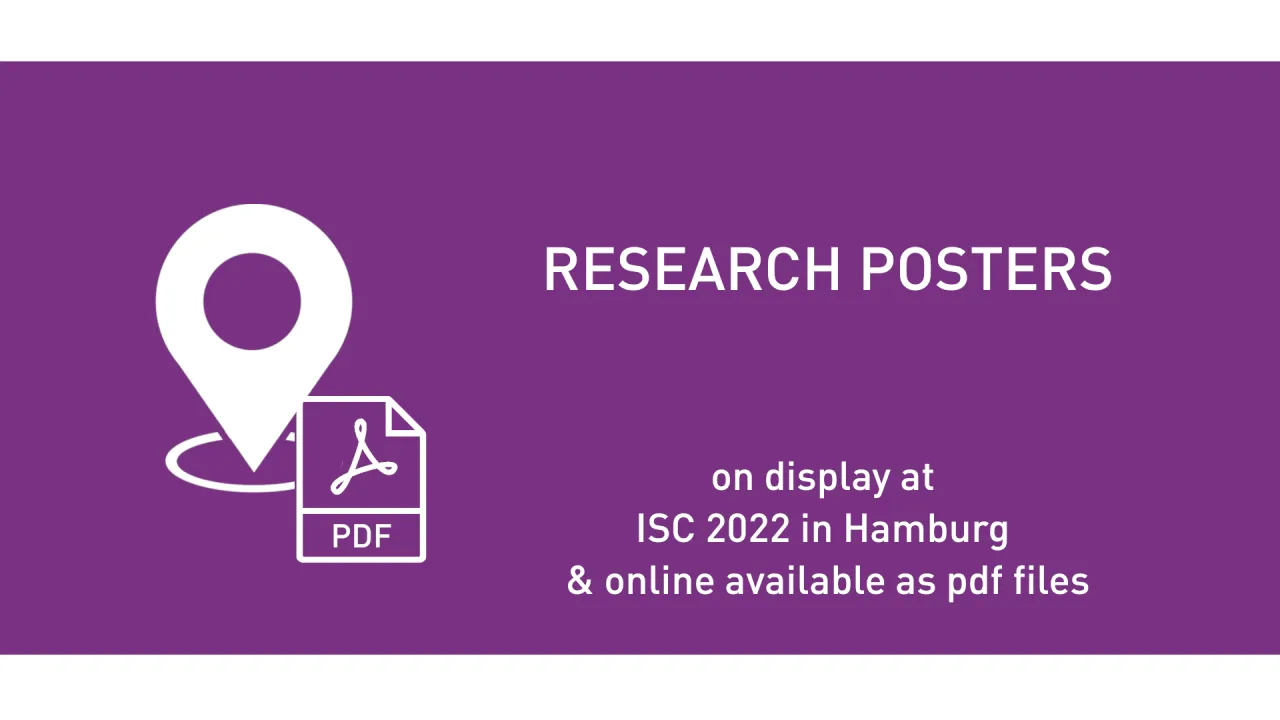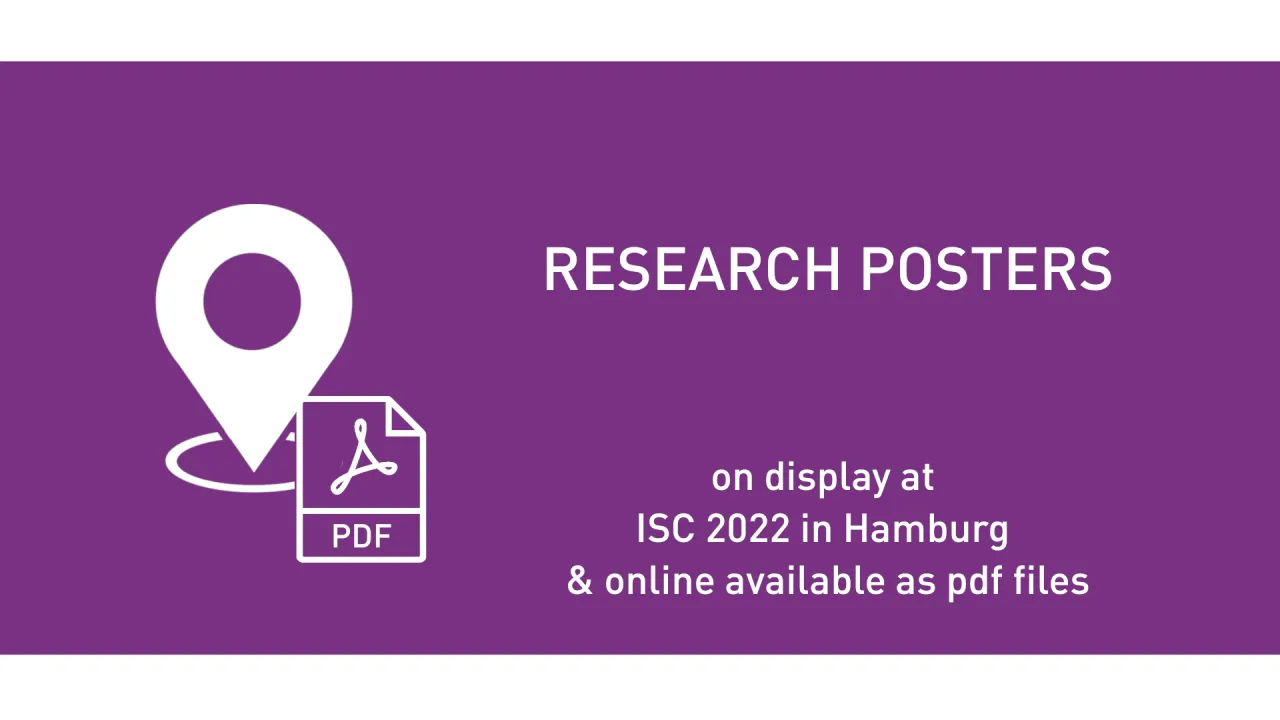

PanSim: a fast and portable agent-based simulator for modeling the COVID pandemic
Wednesday, June 1, 2022 1:32 PM to 1:36 PM · 4 min. (Europe/Berlin)
Hall D - 2nd Floor
Information
Pandemic management requires reliable and efficient dynamical simulation to predict and control disease spreading. The COVID-19 (SARS-CoV-2) pandemic is mitigated by several non-pharmaceutical interventions, but it is hard to predict which of these are the most effective for a given population. Our goal is to simulate every person directly, considering every aspect of life relevant to the virus’s spreading with agent-based modelling. We have to follow their movements because this defines where they can be infected and transmit the virus.
A detailed simulation like this has a high computational cost. We used the Thrust Parallel Algorithm Library to accelerate our simulation in a portable way. Thrust provides implementations for several standard containers and algorithms that can be used on both CPU and GPU. Only in a few cases, we have to write CUDA kernel function, when too much level of index transformations made iterators unpractical.
In every time-step (default is 10 minutes) the agents can move and then infection happens in every location. Infected agents can go through different stages with different chances depending on the preconditions.
Simulation can handle up to 50 million agents with a single 16 GB GPU with a few minutes per simulated week runtime. The runtime scale is close to linearly for larger agent numbers. We also investigated how the performance of different logical sections of the code scales. Based on that we will improve the critical parts of the code in the future.
Contributors:
Contributors:
- Bence Keömley-Horváth (Pázmány Péter Catholic University)
- István Reguly (Pázmány Péter Catholic University - Hungary)
Format
On-site
